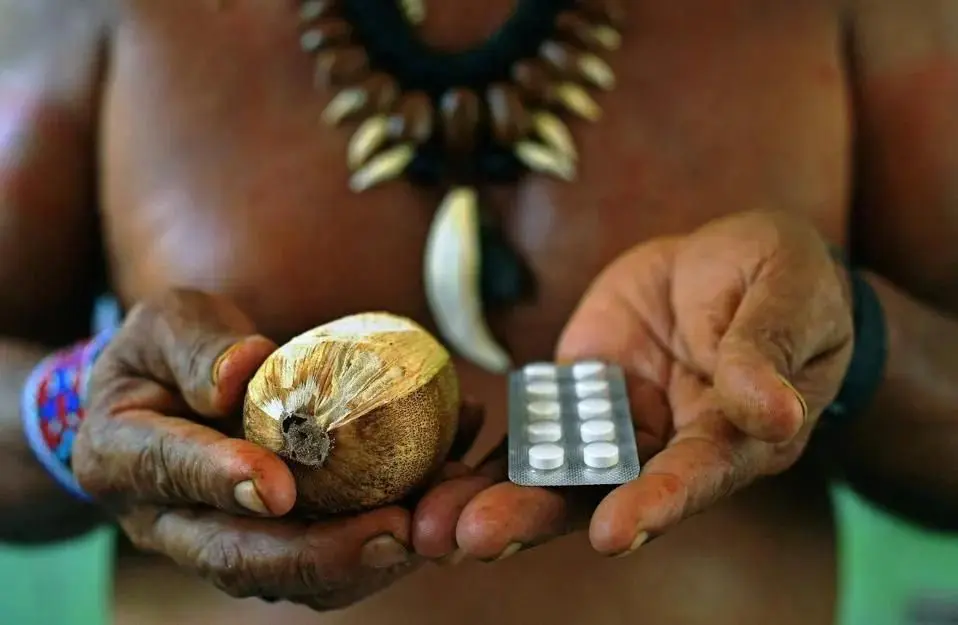
The idea that food is medicine has been central to human cultures for millennia, rooted in rich histories and intricate belief systems. Traditional societies meticulously passed down knowledge about specific foods’ medicinal properties through generations. As we move into an era of evidence-based practice, we find ourselves at a fascinating crossroads: investigating age-old traditions to uncover scientific truths while honoring the cultural contexts that birthed them.
“There’s a desire as humans to understand the natural world around us,” says de la Parra. “We’re collecting all this empirical chemical data on foods, but we’re also collecting metadata— the additional information that describes those foods, such as, how was the food grown? Where was it grown? Why is it meaningful? How is this food used by a particular culture? These ideas of traditional ecological knowledge and traditional knowledge are particularly fascinating. The Periodic Table of Food Initiative is, in many ways, the world’s most comprehensive resource of edible biodiversity.”